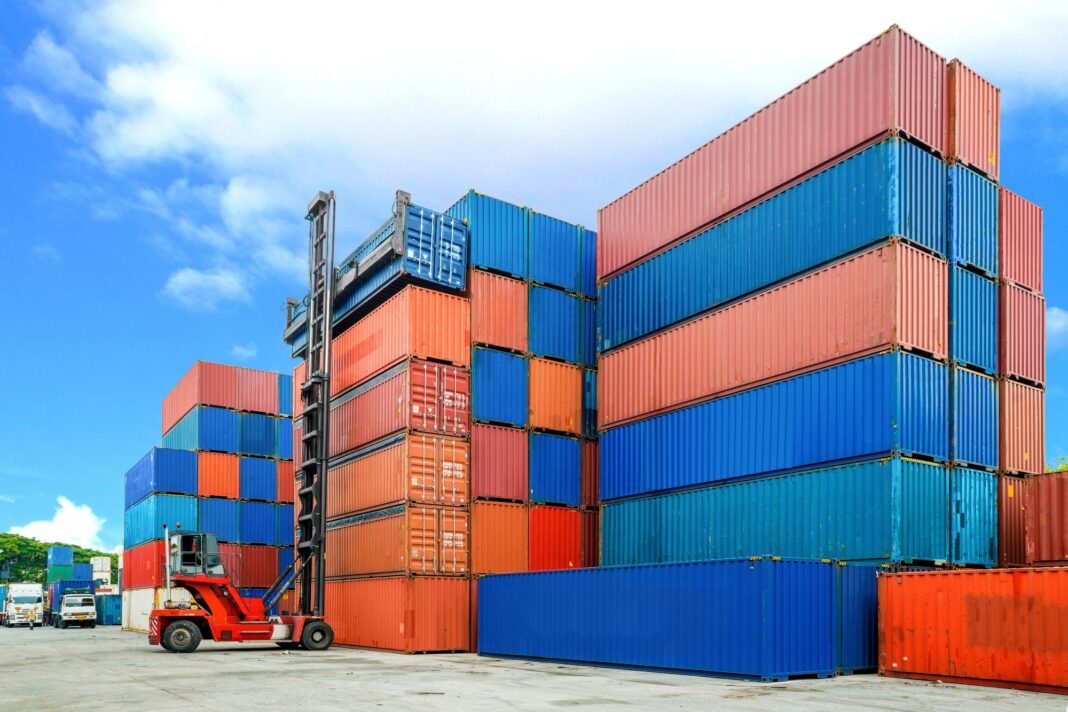If things have been hard for the average Sierra Leonean consumer since 2023, in continuation from 2018, they have just gotten even harder.
This is the warning from business women (called market women in local parlance) who say their lot has been made much harder with the recent hike in import tariff at the nation’s customs.
Word from the nation’s economic gateway of Queen Elizabeth II Quay is that the government of President Julius Maada Bio has decided to raise the price to release a 40 foot container by almost 100 per cent.
The Customs and Excise Department of the National Revenue Authority (NRA) has raised import duty on all incoming 40 ft containers.
News of this rise in import tariff on 40 foot containers, from Le135 million to Le210 million, has resulted to grassroots business women gripping their heads, throwing their hands in the air, and compressing their breasts in their reaction to the unexpected announcement from the revenue authority.
“This is almost a 100 per cent rise in the cost to bring a container from overseas. How are we going to cope with this? How does government expect us to survive such a high rise in the cost to release a 40 foot container? The only people we feel sorry for are the customers, the consumers who are going to feel the rise in the prices of goods and services that will result from raising the price to release a 40 foot container from Le 135,000 New Leones to Le 210,000 New Leones? We also feel sorry for the smaller business people who buy from us to go and resell. How can these people survive this sudden increase without notice? But it is the poorest of the poor, the least consumer that will suffer most,” said a leading figure in the market women’s union at one of the busy city market centres in Freetown.
For containers arriving yesterday at the nation’s leading seaport at Water Quay, many market women were seen scratching their heads wondering where they would get the extra Le75 million to cover the cost to release their containers of goods. In a society where the overwhelming majority is jobless, the upset business women say they poll their resources to order goods and services from overseas to take care of their personal and the needs of their families. They complained that they were never consulted nor notified before the revenue authority raised the import tariff on inbound containers.
“If president Bio is serious about his Human Capital Development then he must consider how this rise in the cost to release our containers from customs is going to affect us. Many of us are products of this country’s education system who couldn’t find work after school. For us to not become a burden on others we decided to do business. When we noticed that people were charging too much for imported goods we decided to come together and put our monies together and started importing our own goods and services so as to make them affordable for our people. This high rise in the import tariff did not take into consideration that it will lead to us charging more for our goods to recover our cost,” said the female proprietor of a city centre business establishment.
The business women complained that since colonial times they were not and still don’t receive waivers from government to offset the cost to import goods and services from overseas. They said if they were given a waiver to import their goods by the government they would definitely pass their cost savings down to the customers in the form of lowered prices.
“But we are not given a waiver. Since colonial times it has been like this. It has stayed this way even after Independence that the government offers import duty waivers to Lebanese, Chinese and Indian businesses over the local business people. Yet, despite this we still put our funds together and order our goods, which we still supply to the very Lebanese and Indians. If government takes job creation for the jobless citizens serious then they should ensure that this burden of the import duty going up and in such high leaps in costs then they must consider giving us waivers,” said one of the business women on Abacha Street in Freetown.
Meanwhile, an Economist working at the nation’s Central Bank stated that this rise in prices will not impact on inflation if the imported goods are not part of the consumer basket of goods and services of strategic importance to the nation such as foodstuff and energy products. “This means it will be hard to gauge the impact of rising costs of goods and service on the poor,” he added.


